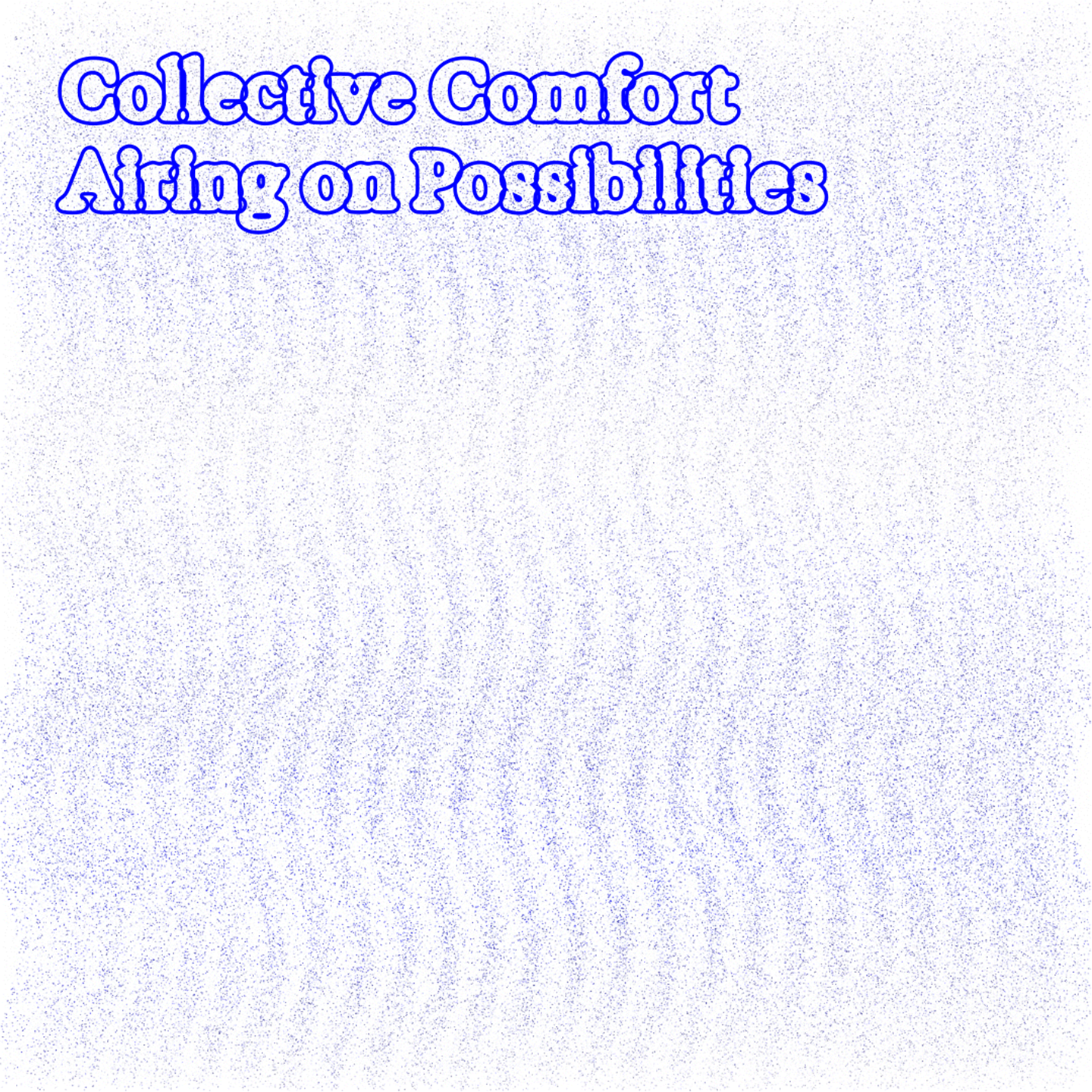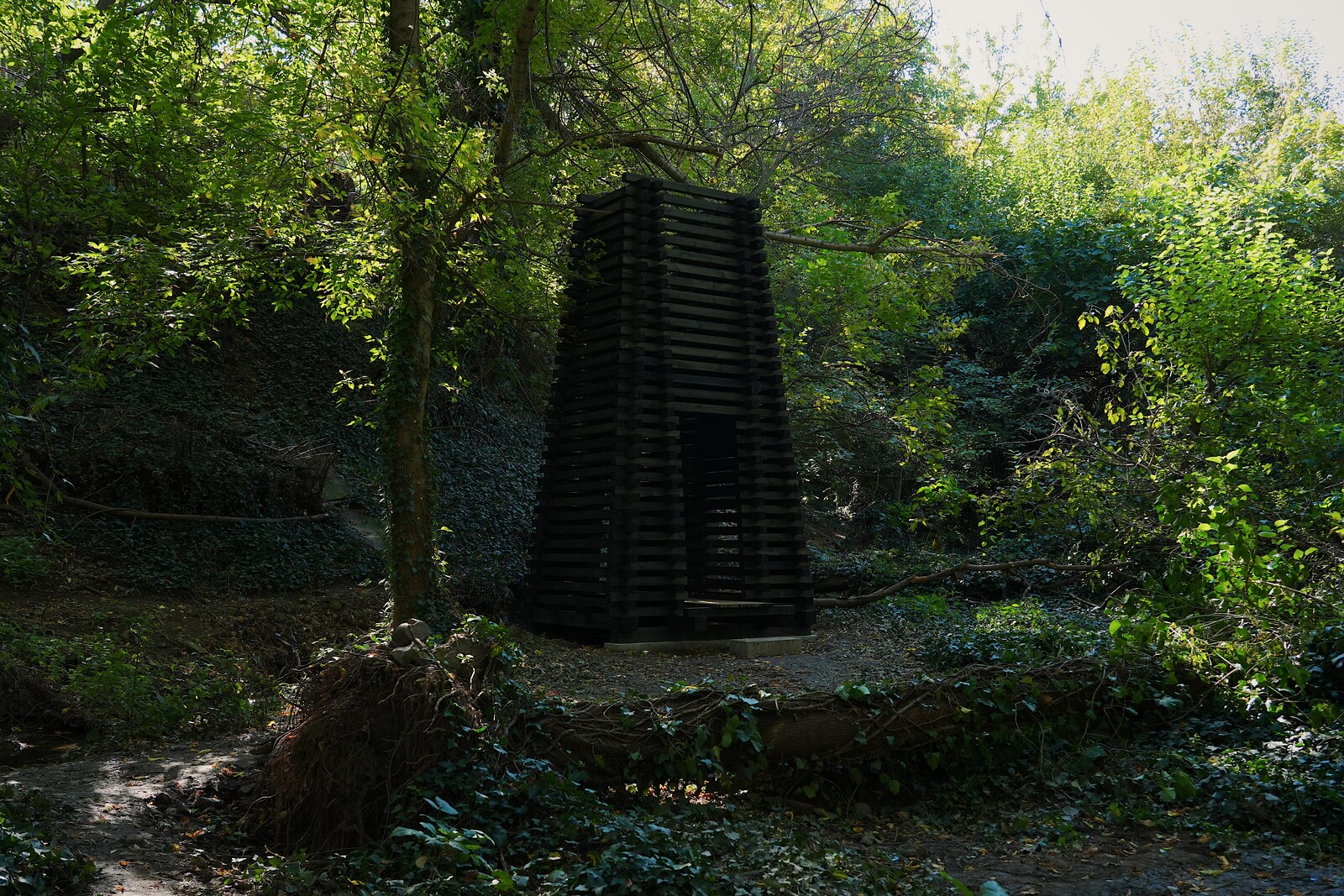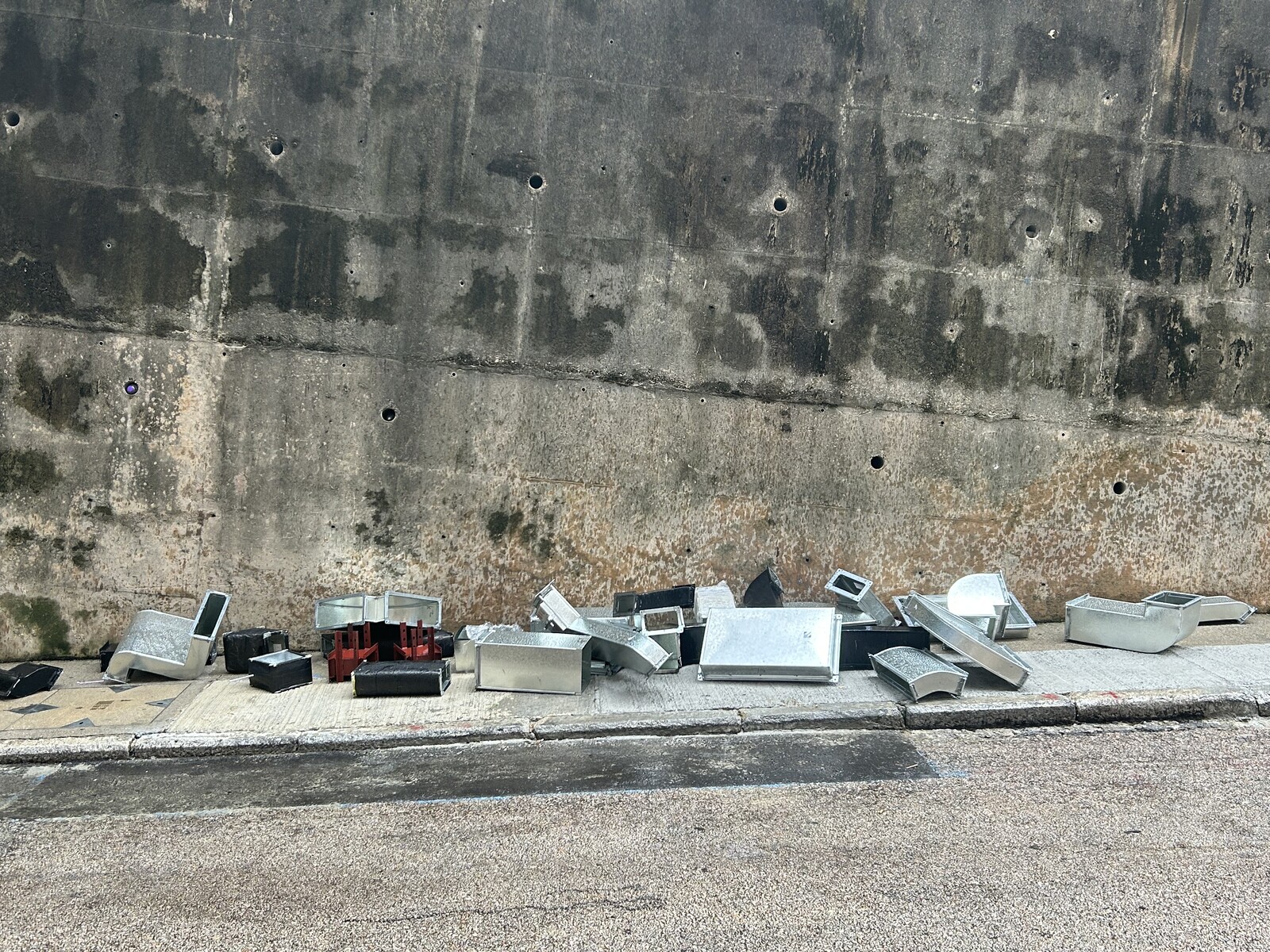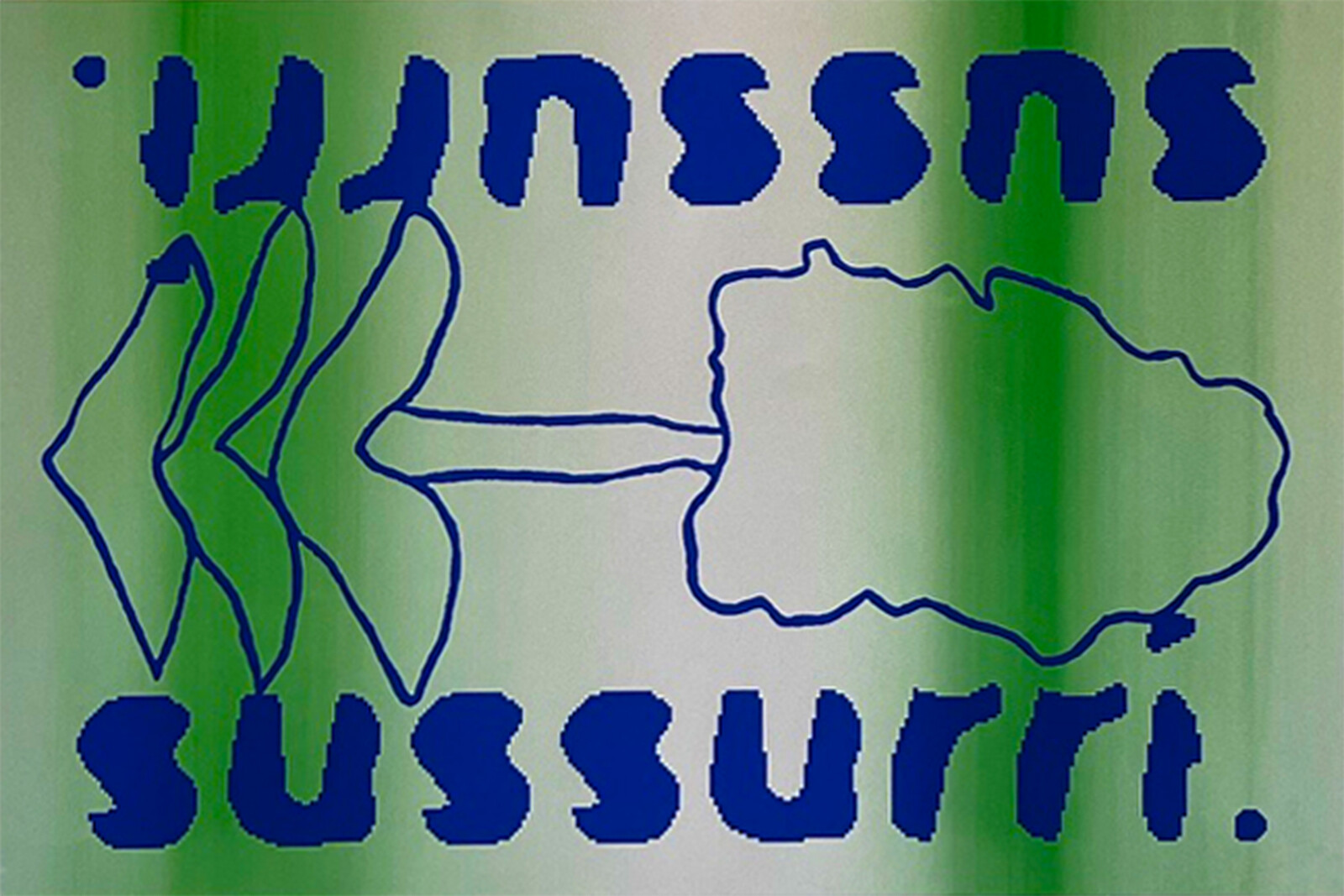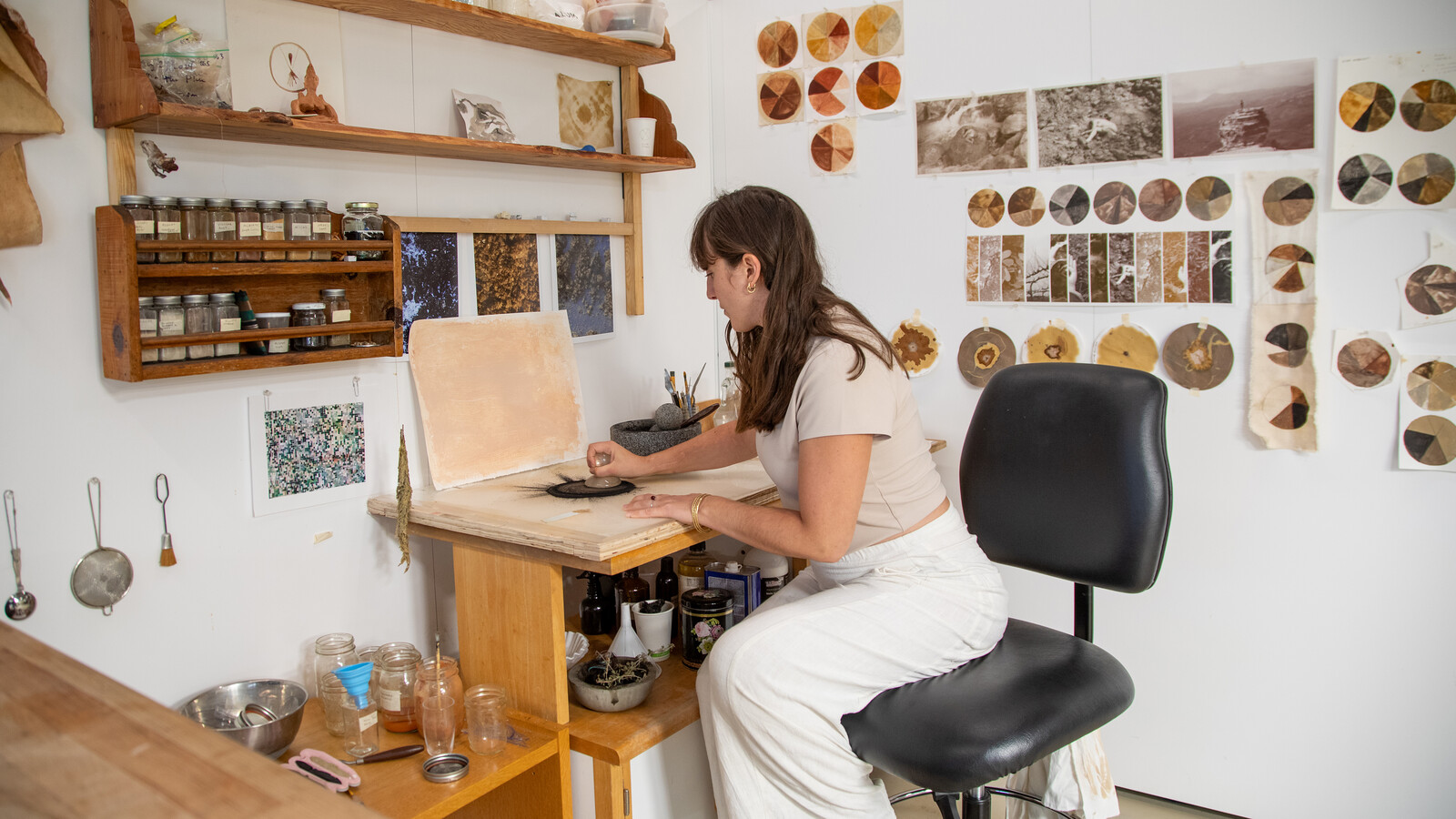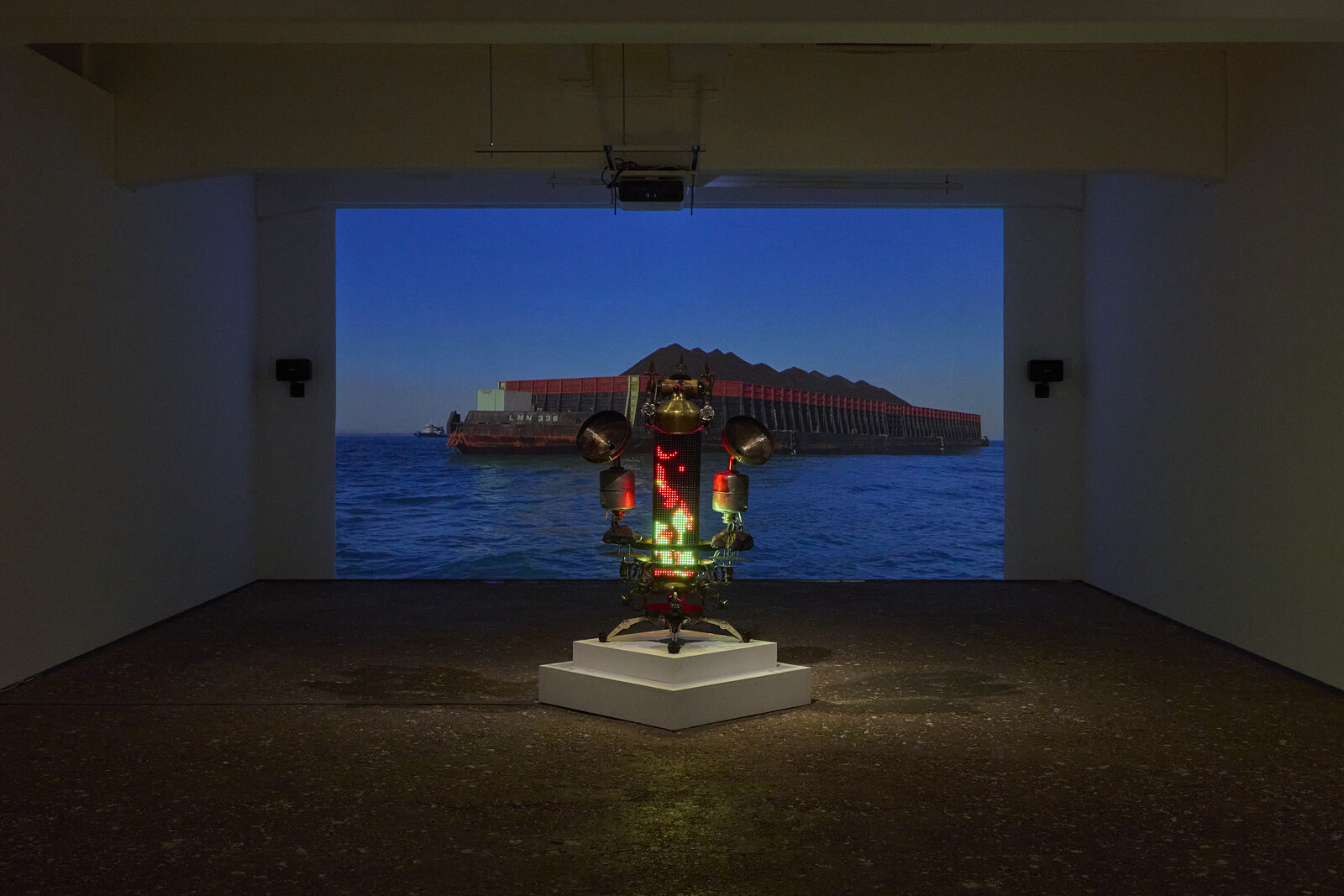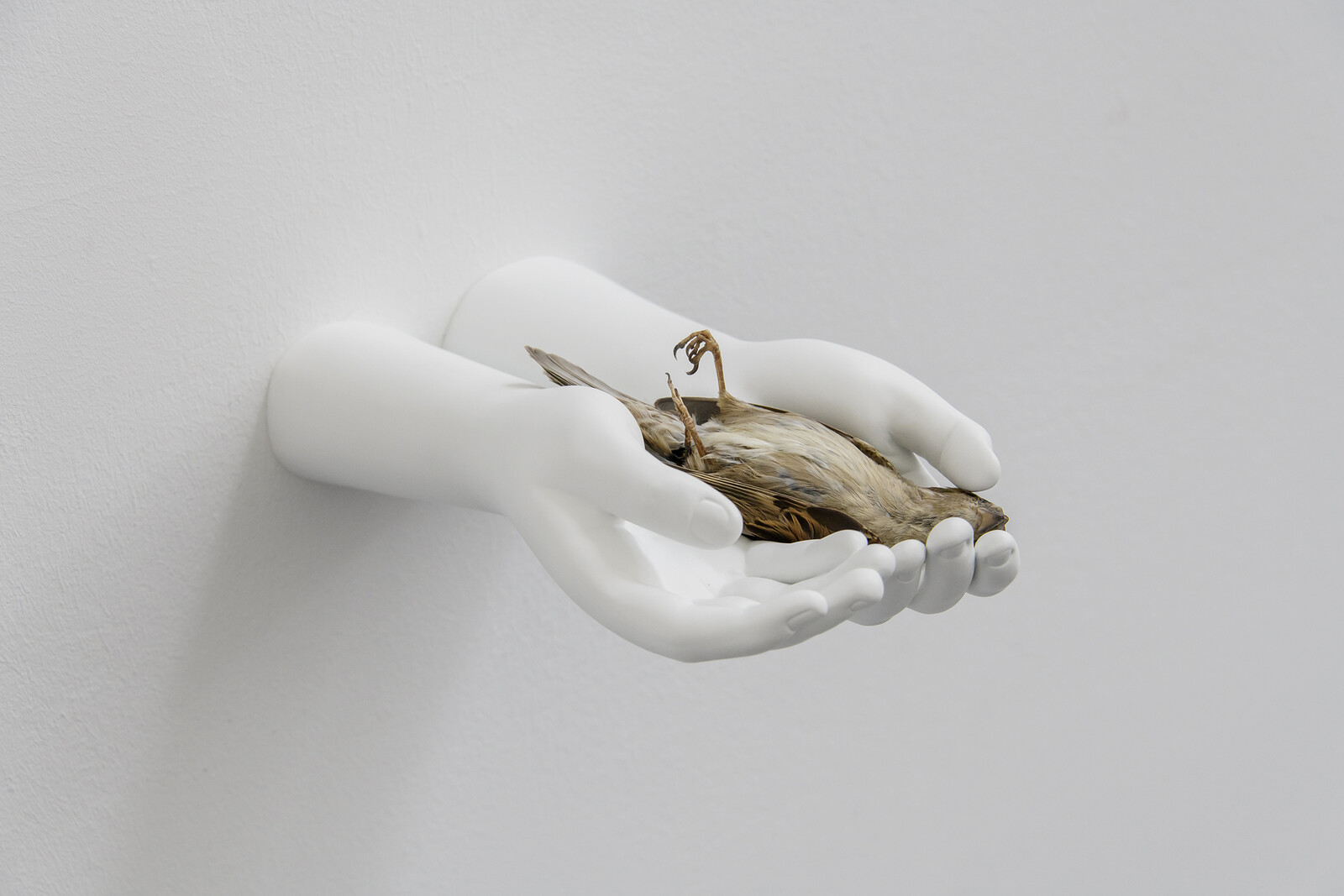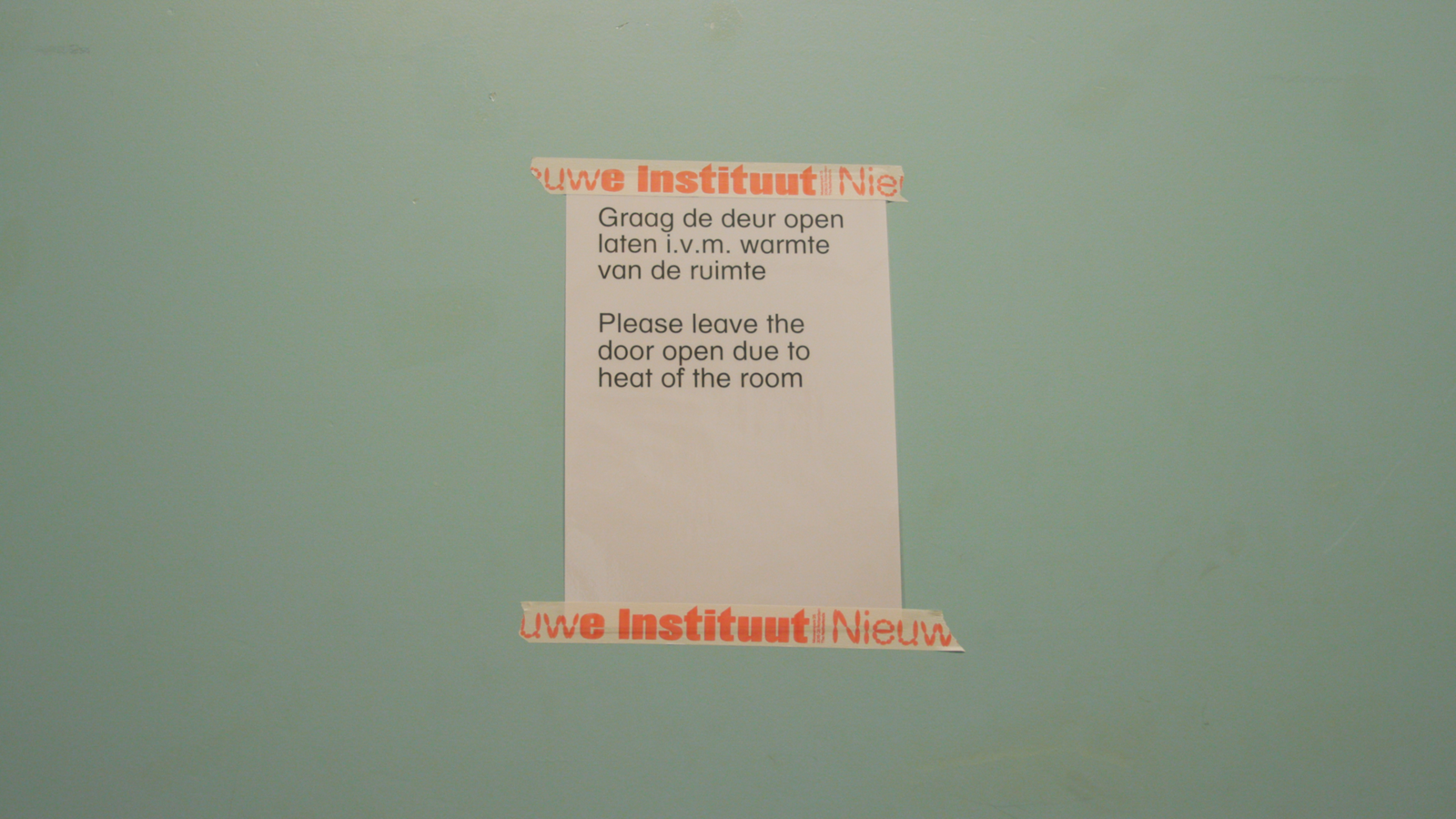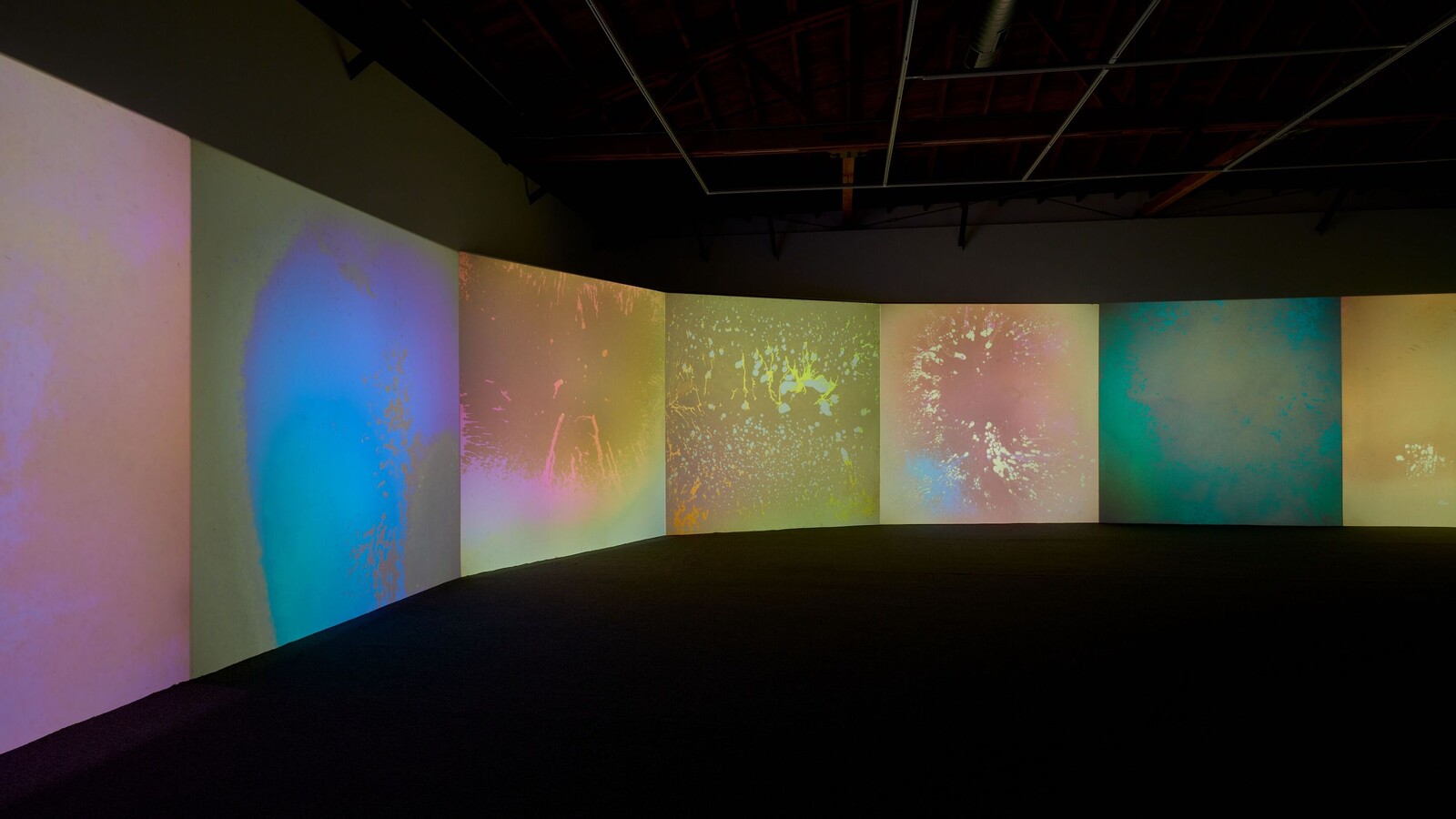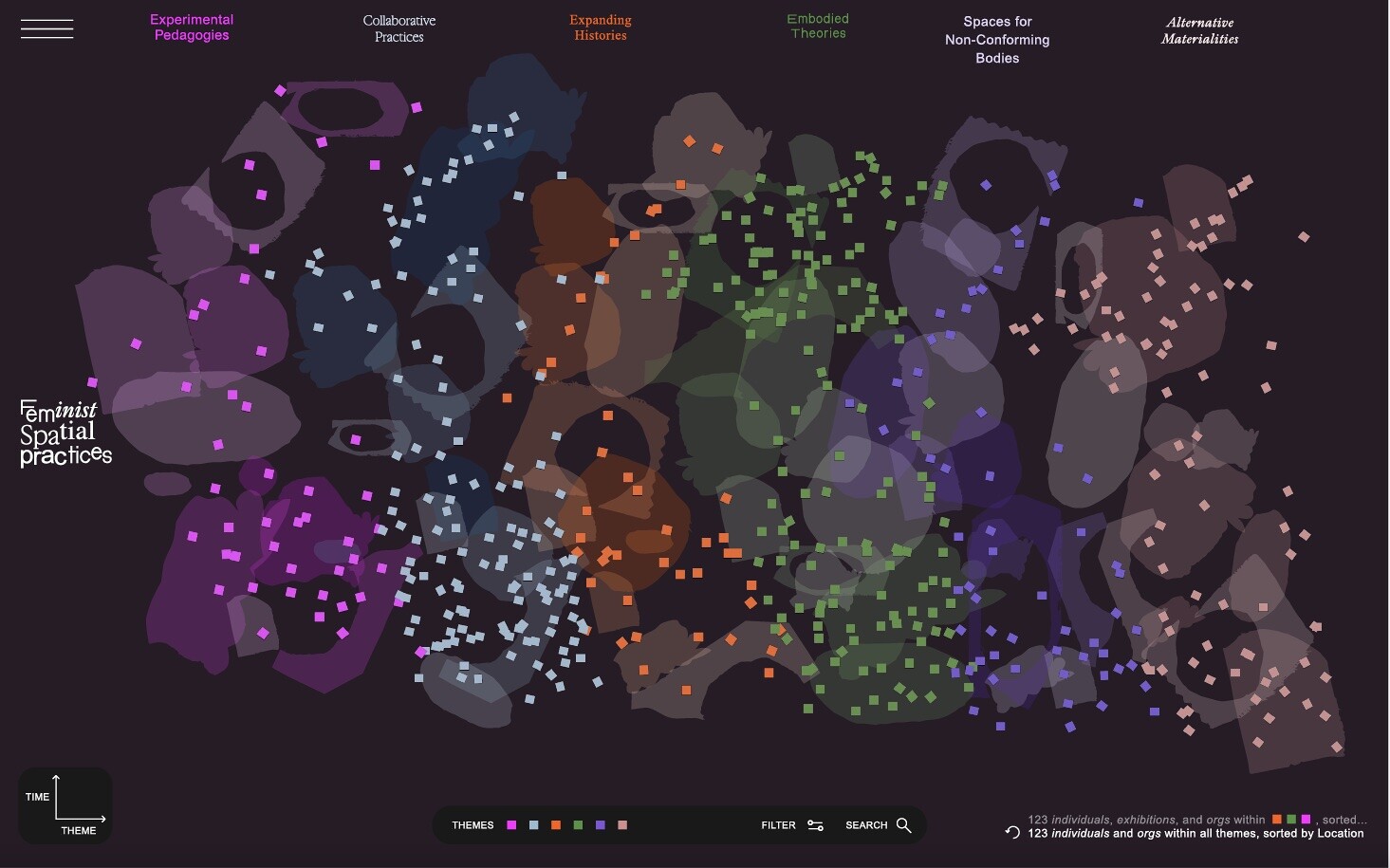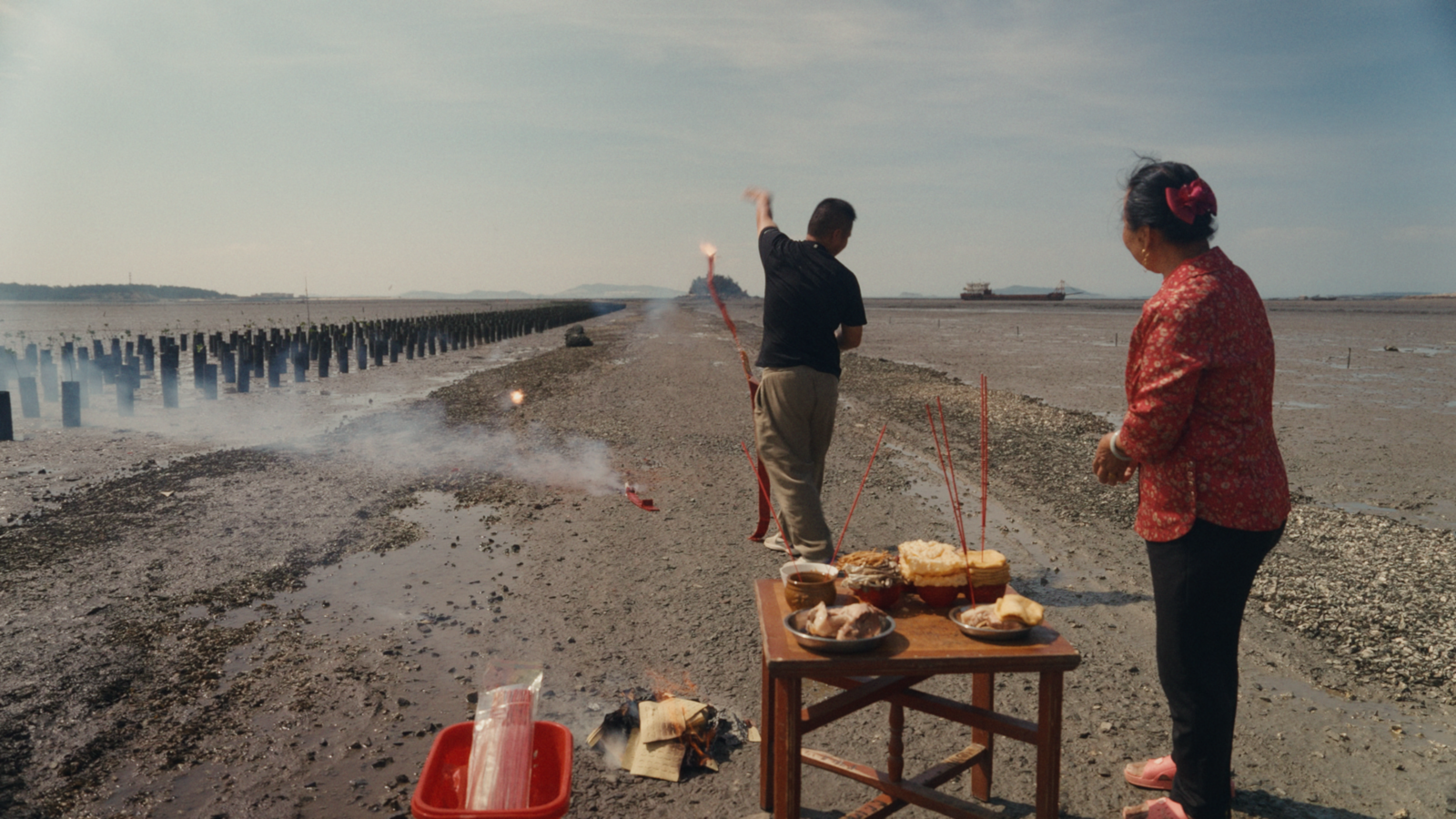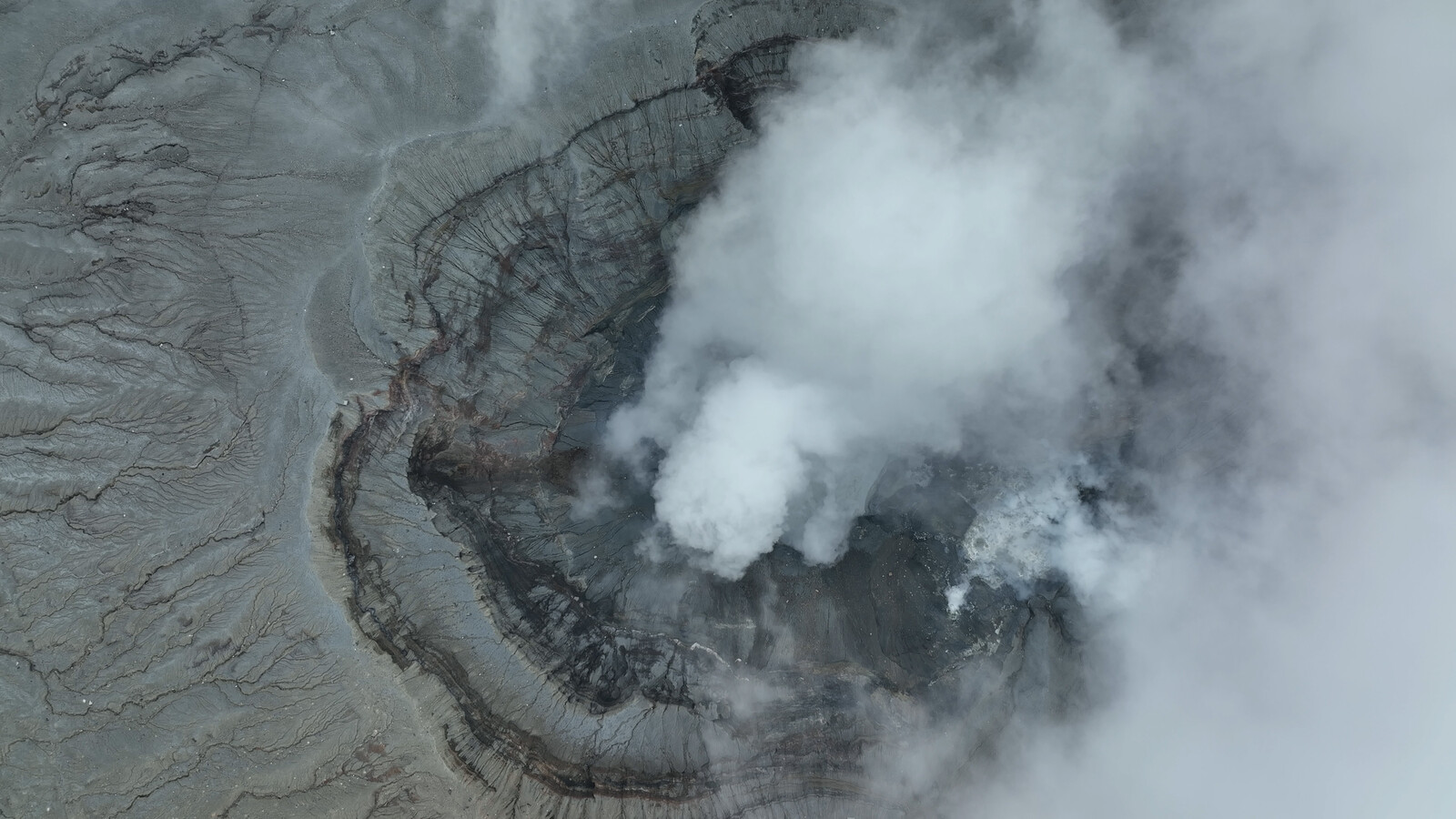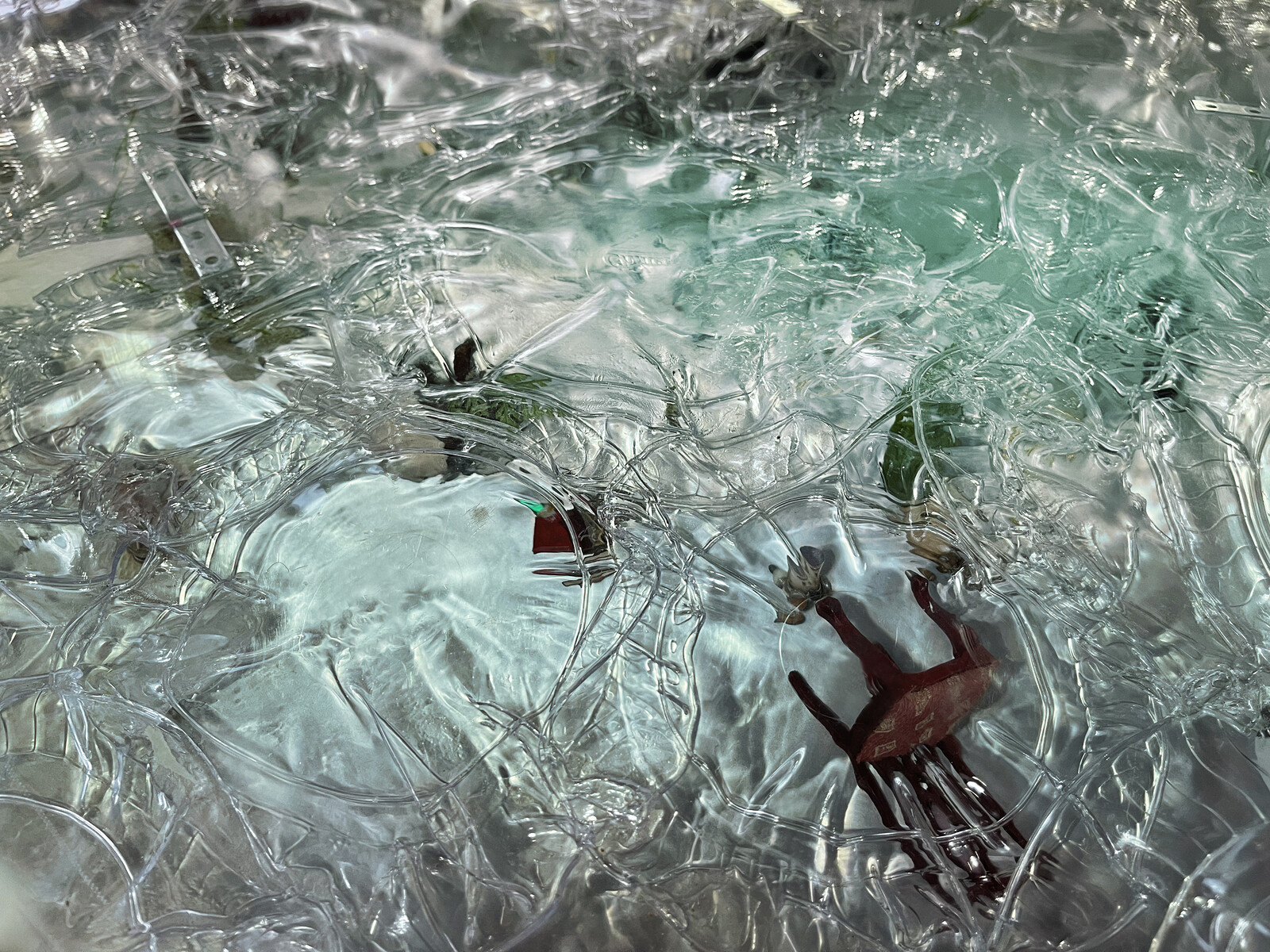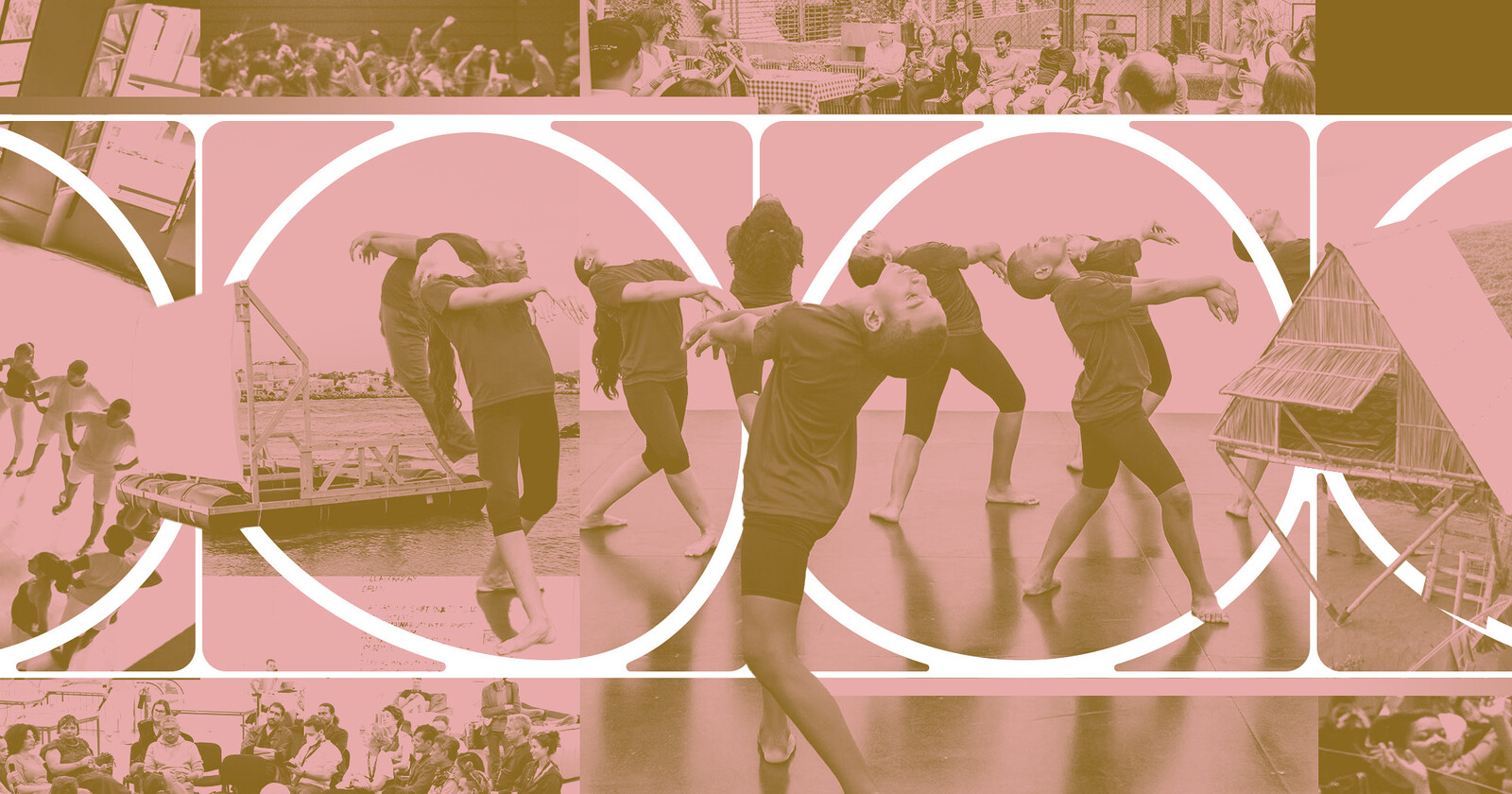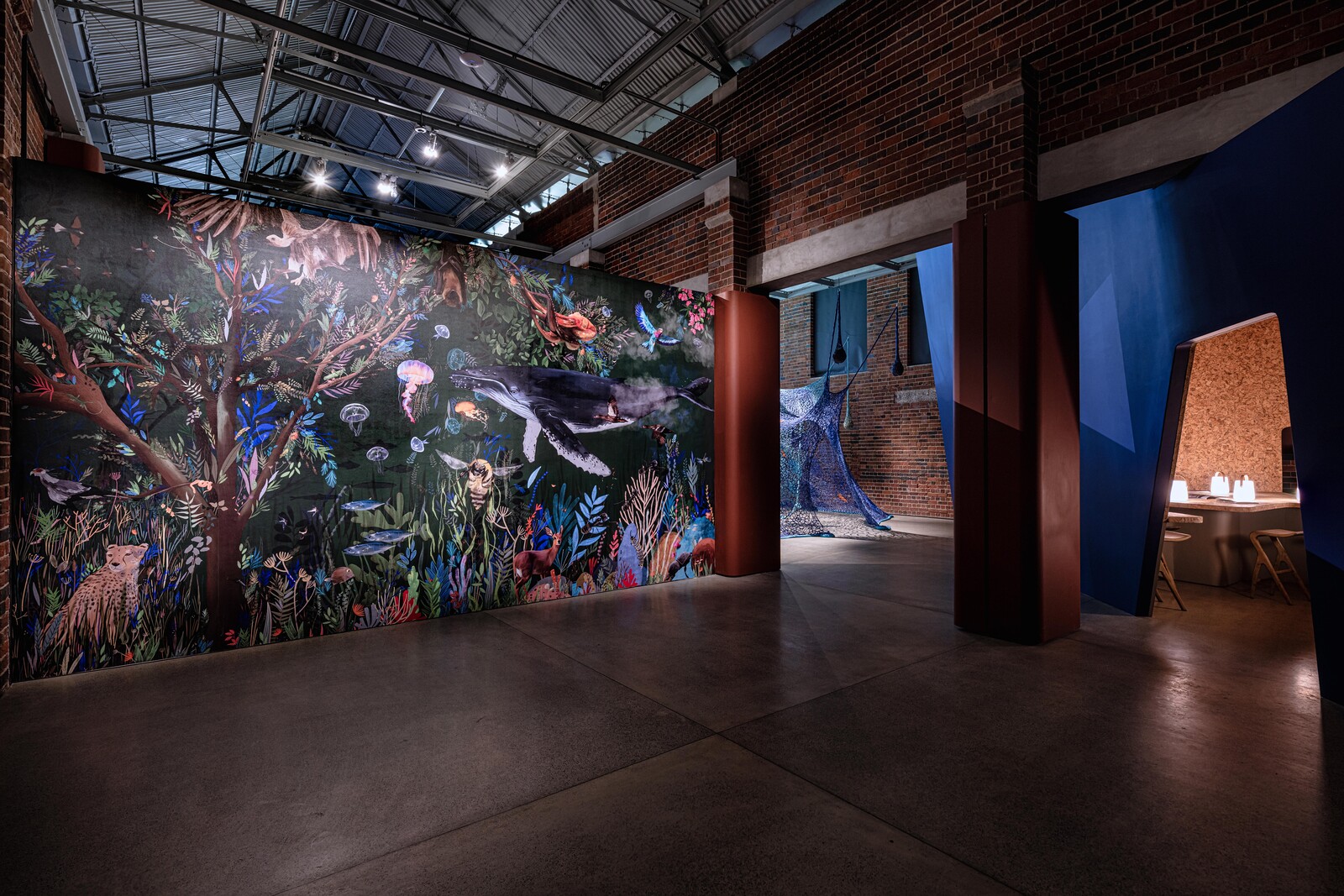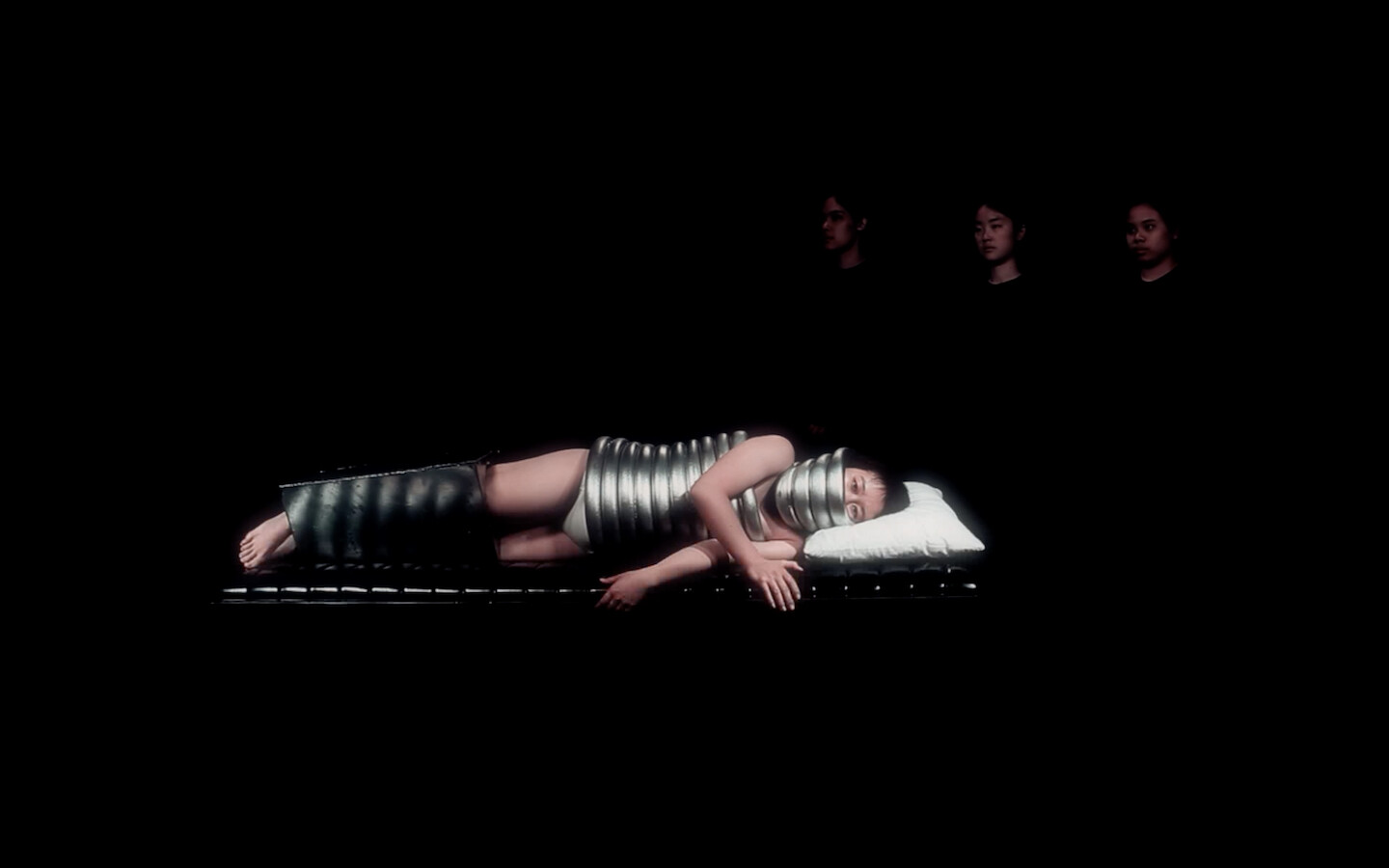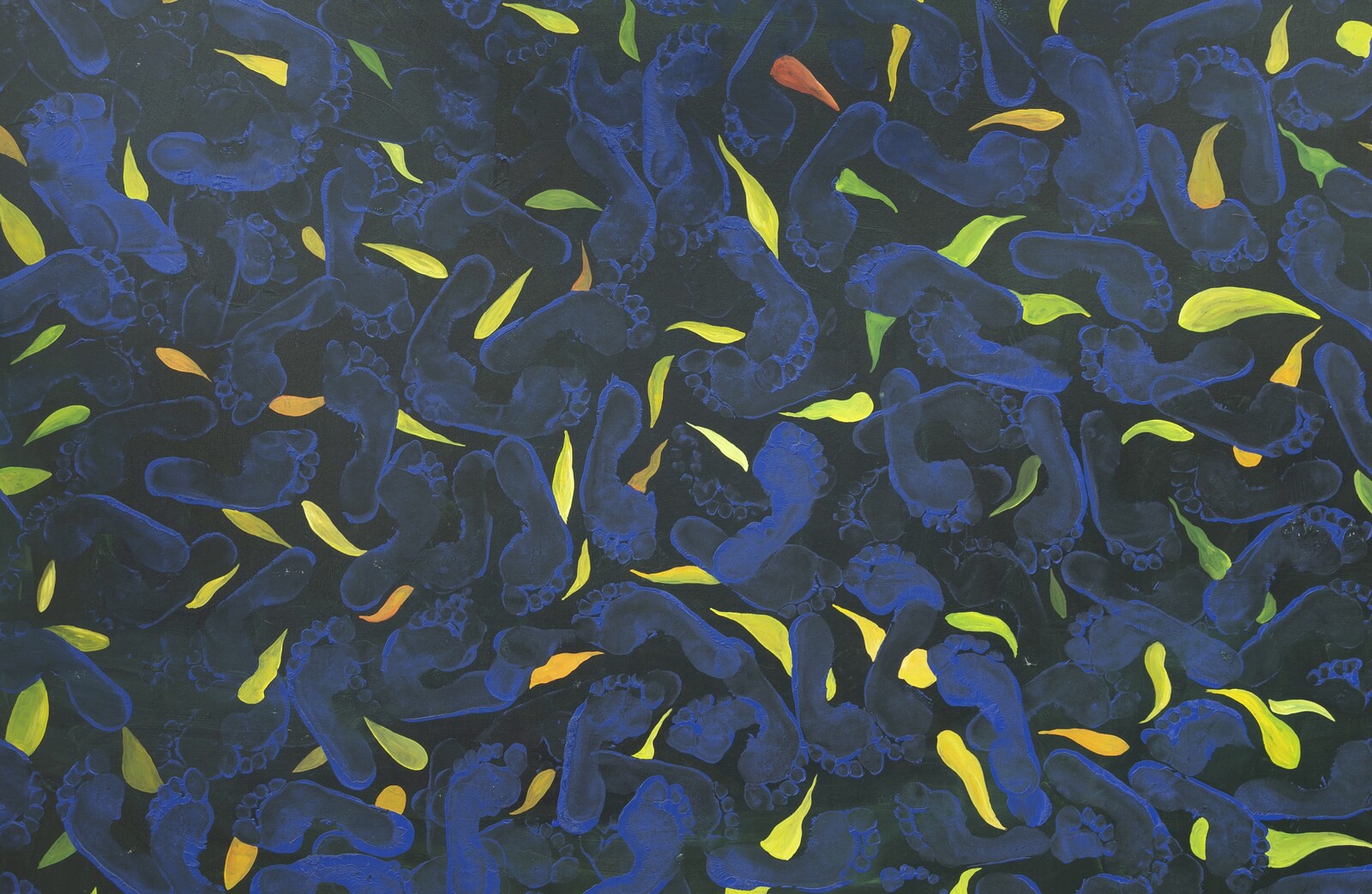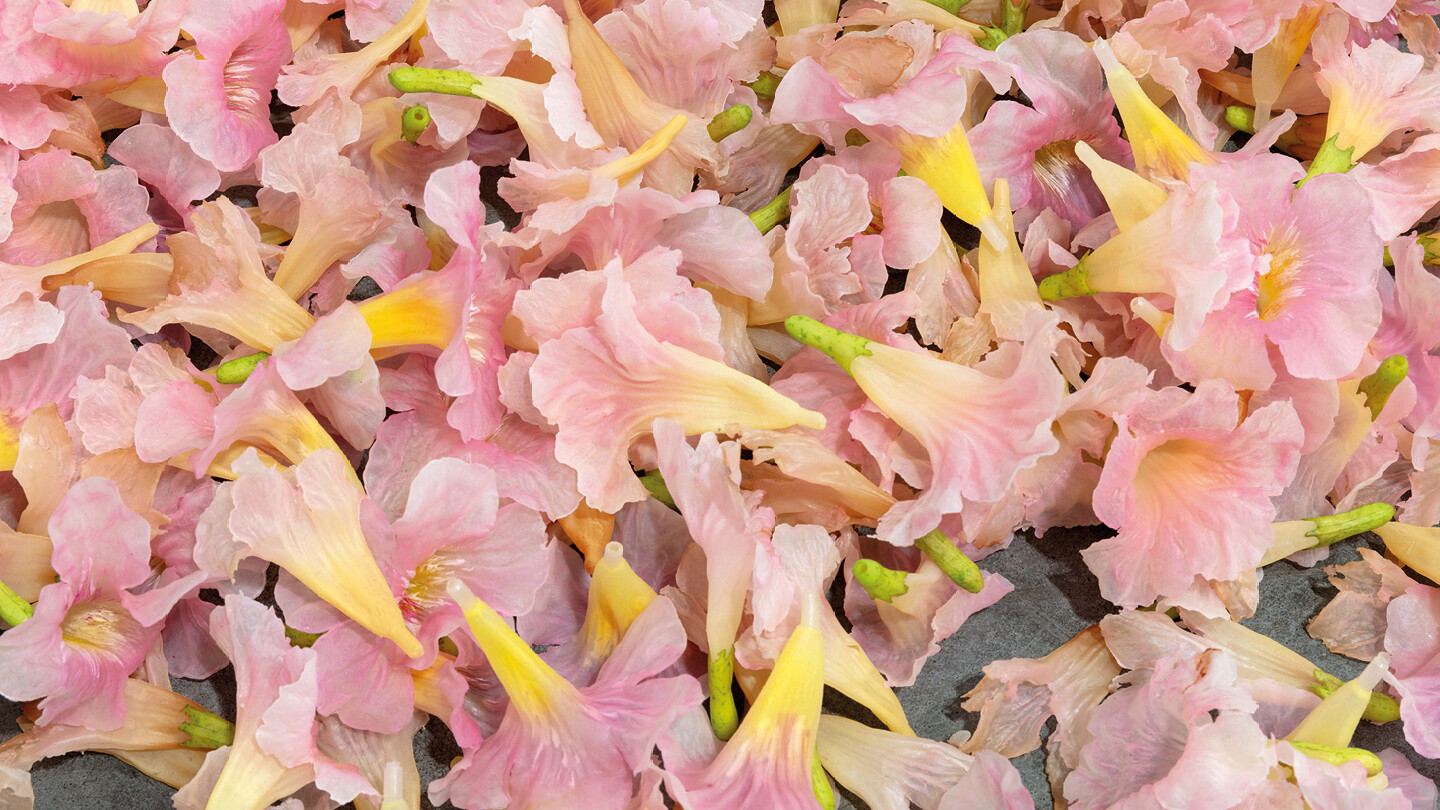The notion of nature as distinct from humanity, and as malleable, has radically changed the planet, bringing all its living systems to the brink of collapse. This continues to be driven by consumerism as the primary human relationship to one’s subjecthood. The result is individualist hedonism, the fantasy that death can be negated, and the mandate to pursue individual happiness while considering suffering as a personal failure. Clearly the food system we rely on and the chemical products we consume damage us and the planet. Why are we doing this to ourselves?
Feminist Spatial Practices: Web Platform Launch Event
Film as Curatorial Tool: An Afternoon with the CCA
Textiles express ancestral knowledge of geometry and mathematics connected to the Mayan worldview, incorporating elements of politics, nature, history, and memory. Each community has different colors, embroideries, and figures that have been passed down from generation to generation. As the slogan of the National Movement of Women Weavers says: “The weavings are the books that colonialism could not burn.”
Toni Morrison once compared the act of imagining to the Mississippi River’s predilection for flooding: “All water has a perfect memory and is forever trying to get back to where it was.” Here, leakage serves as a persistent archive, a ritual return that refuses burial. If the act of imagining is bound up with memory, as Morrison says, the practice of building new worlds is inextricable from history.
